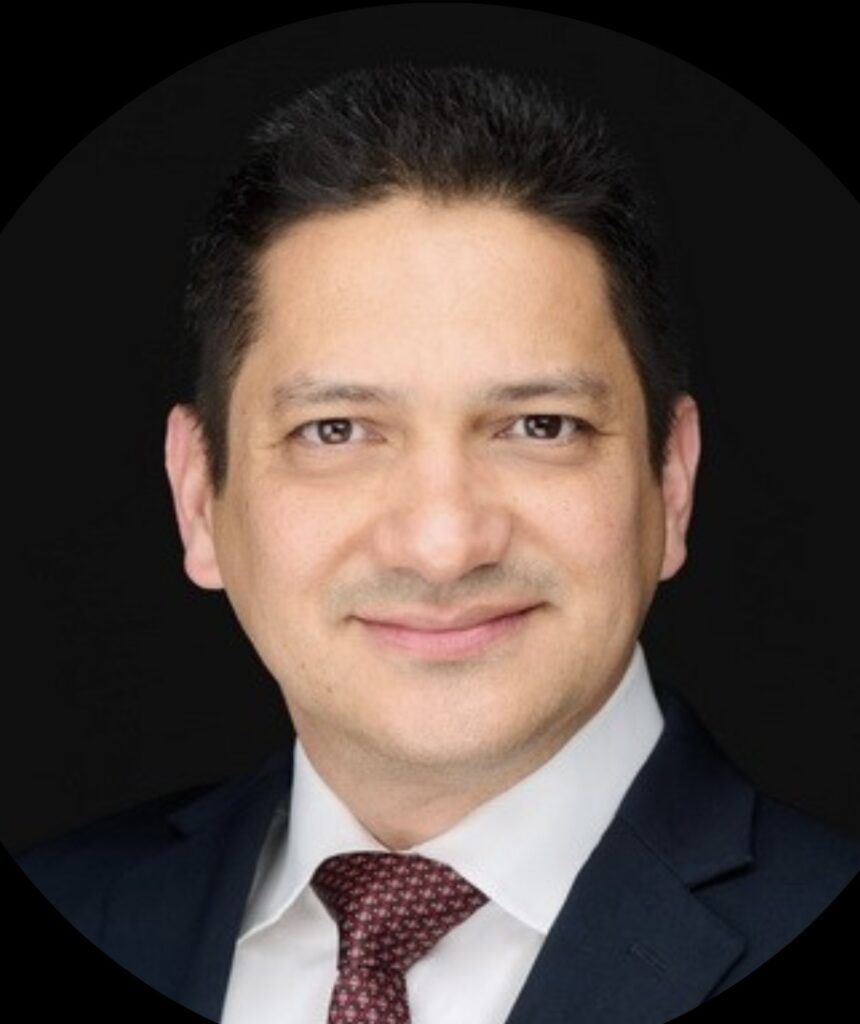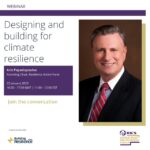
Who We Are
Resilience Action Fund (RAF) is a US 501(c)3 non-profit organization founded in 2015.
Resilience Action Fund (International) (RAF-I) is a UK charitable non-profit organization founded in 2016.
Our purpose is educating and guiding consumers and policy-makers to create stronger, more resilient homes and communities, able to withstand natural and climate hazards. This closely aligns with the goals of the UN Sendai Framework for Disaster Reduction: 2015-2030, signed by 187 countries in 2015. The COP21 Paris Agreement echoes the need for climate adaptation. RAF believes that hazard-resilient development practices are a critical and an often missing piece of green building policies.
RAF and RAF-I coordinate with a growing network of government institutions, leading universities, public-interest entities, insurance organizations, corporations, and grassroots advocacy groups to promote more resilient building policies and practices through awareness, research, and education.












